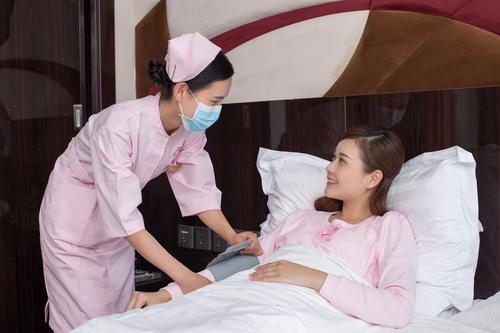Breast health has a significant impact on women’s overall well-being, but many women may be more concerned about their appearance and size, overlooking health maintenance. The onset of puberty typically occurs around the age of 14 to 15, accompanied by an increase in estrogen secretion, which promotes body development and the display of secondary sexual characteristics. The size of the breasts is regulated by various factors:
– Genetic factors play a key role, as familial genetic traits often manifest in offspring.
– Hormone levels directly affect their development, and good emotional management and a balanced diet help maintain hormone balance, benefiting breast health.
– During pregnancy and lactation, due to increased hormone levels, some women may experience changes in body shape, making the breasts fuller.
For women with smaller breasts, it is important to have a positive mindset, avoid unnecessary feelings of inferiority, and focus on habits in daily life that may harm breast health. Here are several common negative behaviors worth self-examination:
1. Improper massage: Although some believe that massage can alleviate breast problems, unguided massages may have the opposite effect, especially when using essential oil products with unknown ingredients, which may worsen rather than improve the condition.
2. Prolonged wearing of old bras: The proper fit of bras is equally important for breast health. With changes in body type, timely change to well-fitting bras is essential to ensure good support and avoid obstructing blood circulation.
3. Misuse of drugs: Emergency contraceptive pills containing high doses of hormones may disrupt breast health when used frequently, leading to other discomfort.
If any abnormalities are noticed in the breasts, such as persistent pain or changes in skin color, seeking medical help immediately is necessary, without delaying treatment due to embarrassment.
In conclusion, maintaining the health of women’s breasts requires adopting the correct approach, avoiding harmful behaviors mentioned above, promptly addressing any unusual symptoms, and actively protecting one’s own health.


